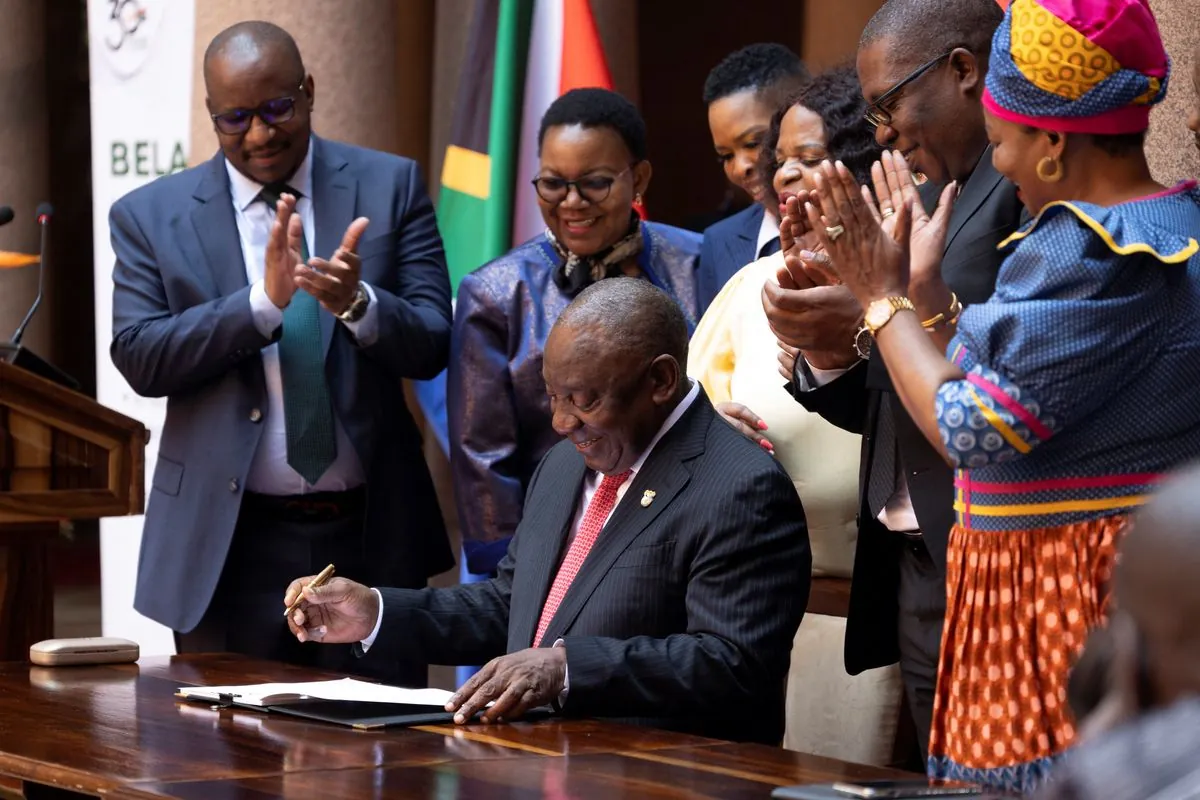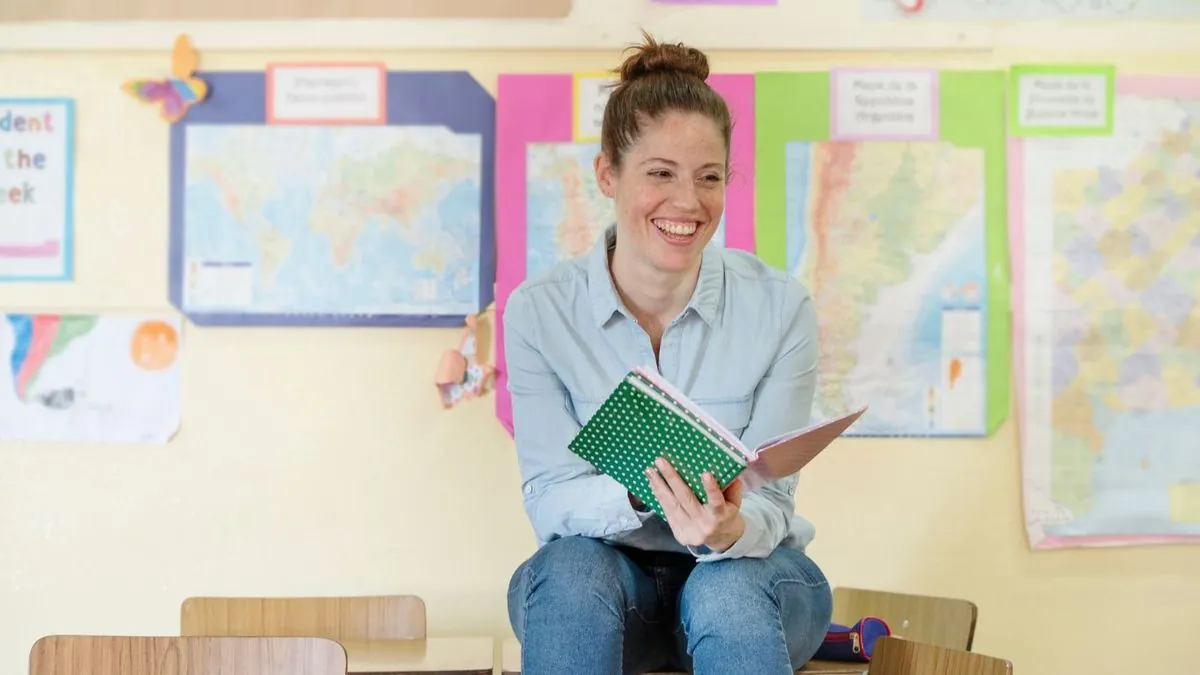South Africa Enacts Controversial Education Law Amid Language Debate
South African President signs education bill, sparking debate over school language policies. Democratic Alliance opposes, promising legal action. Bill addresses pre-primary education and home-schooling.

On September 8, 2023, Cyril Ramaphosa, President of South Africa, signed a contentious education bill into law, igniting a debate centered on school language policies, particularly regarding Afrikaans-medium institutions. This legislation grants the education department authority to approve language policies in schools, a move the African National Congress (ANC) asserts will combat discrimination.
The ANC, South Africa's governing party since 1994, contends that some students face exclusion from certain schools based on their language, which they argue serves as a proxy for racial discrimination. This issue is deeply rooted in South Africa's complex linguistic landscape, which officially recognizes 11 languages, including Afrikaans and English.
Ramaphosa stated during the signing ceremony at the Union Buildings in Pretoria, South Africa's administrative capital:
"The signing of this bill marks an important step towards resolving longstanding challenges in our education system."
The Democratic Alliance (DA), the official opposition party and a coalition partner of the ANC, has vowed to challenge the legislation in court. The DA, which has faced criticism for its perceived association with the white minority, advocates for single-language schools, emphasizing the importance of mother-tongue education.

This legislative move has reignited discussions about the role of Afrikaans in education, a debate that has persisted since the end of apartheid in the early 1990s. Afrikaans, a West Germanic language spoken primarily in South Africa and Namibia, was promoted by the white minority rulers during the apartheid era, which ended just over three decades ago.
Andre Duvenhage, a politics professor at North-West University, explained the core of the controversy:
"Primarily it's about the use of Afrikaans as a medium of instruction, which is seen as an attempt to exclude people that are not able to speak Afrikaans. In a way the ... legislation is an attempt at opening up these schools for all people."
The Basic Education Laws Amendment (BELA) Bill, first introduced in 2017, encompasses more than just language policies. It mandates one year of pre-primary education, reinforces the ban on corporal punishment in schools (which has been illegal since 1996), and regulates home-schooling, which has been permitted in South Africa since the same year.
Acknowledging the bill's controversial nature, Ramaphosa has allowed a three-month consultation period on its most disputed sections. If no resolution is reached by early December 2023, implementation will proceed as planned.
As South Africa continues to grapple with educational challenges, including inequality and resource disparities, this new legislation aims to address longstanding issues in the education system. However, its implementation and impact remain subjects of intense debate and potential legal scrutiny in the coming months.


































